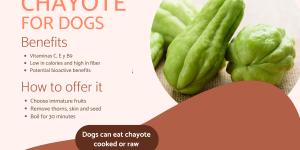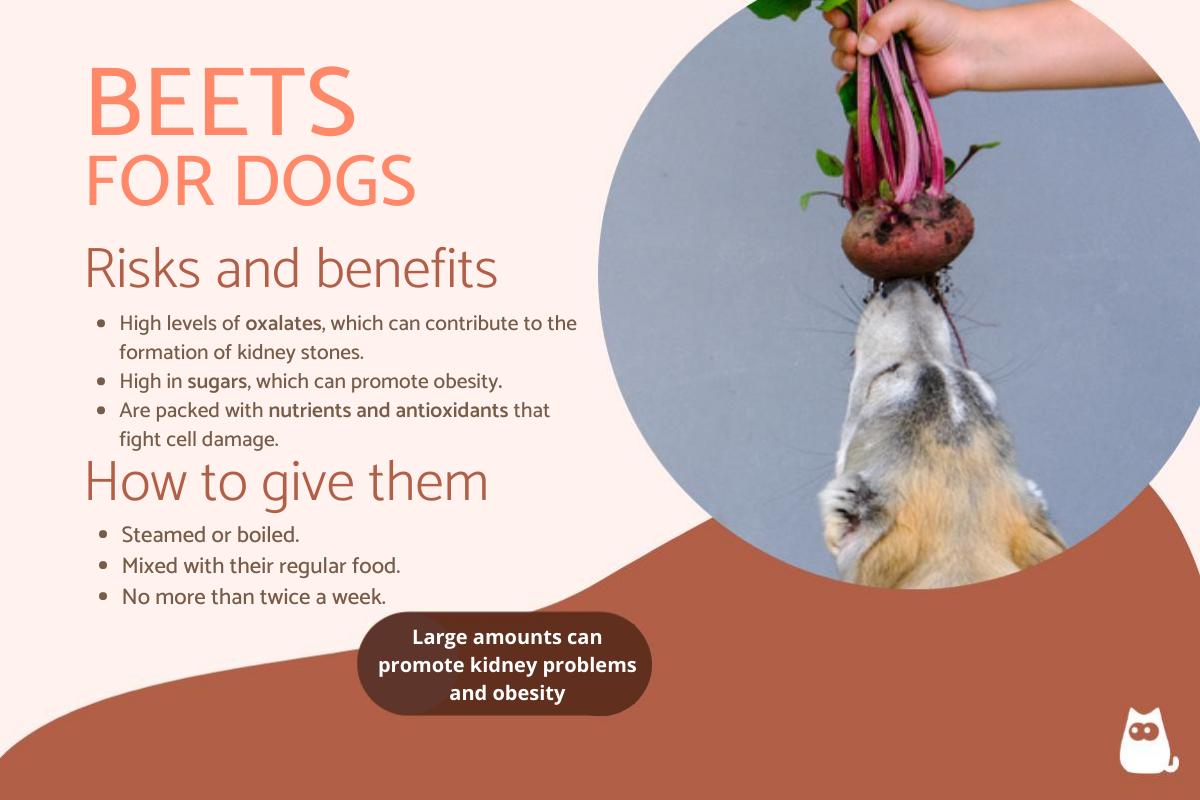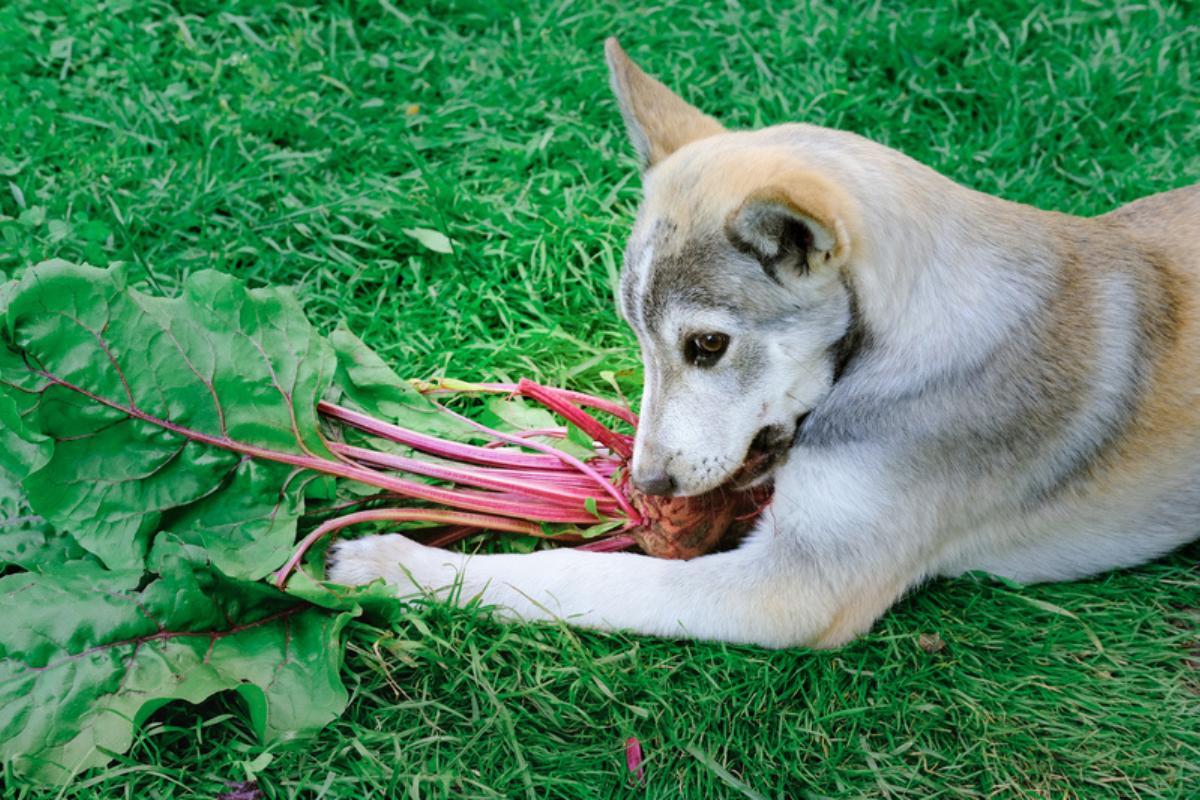Can Dogs Eat Beets?

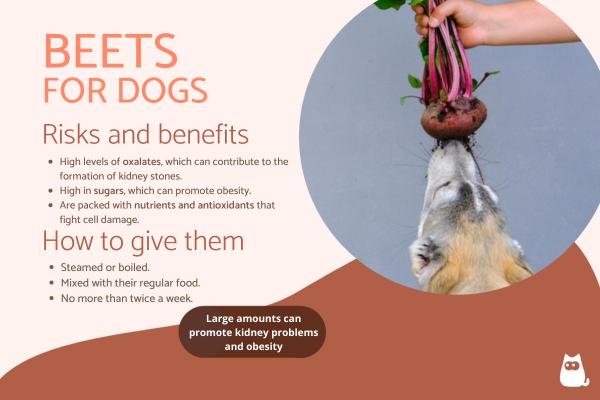

See files for Dogs
Beet is a vegetable consumed in many parts of the world. It is rich in nutritional benefits, highlighting its antioxidant, anti-inflammatory and detoxifying potential. However, it also poses a problem, namely the content of oxalates. These are compounds that form substances in your dog's body called calcium oxalates. These extract calcium from your dog's blood and can lead to urinary issues or the formation of crystals or stones.
In the following AnimalWised article, you will learn if dogs can eat beets, the benefits, and risks of this plant, and how to properly give it to your dog.
Can dogs eat beets?
The bright red or golden beet has been grown all over the world for centuries. In modern times, hybrid types of beets even have red and white stripes like candy canes. The leaves and roots of beets are packed with nutrients, including antioxidants that fight cell damage and reduce the risk of heart disease. It is a plant with a high content of sugar, fiber, and nutrients such as vitamin C, folic acid, phosphorus, iron, iodine, and vitamins of group B (B1, B2, B3, B6).
For all these reasons, it is a vegetable that purifies and detoxifies the blood and stimulates the immune system and oxygen transmission in the body. It is also a source of antioxidants thanks to the red pigment betanin, which protects against free radicals and oxidative stress and has anti-inflammatory properties.
For all these reasons, beet can be a healthy addition to your dog's diet when served as a special treat. However, there is one problem: this plant contains high levels of oxalates. These substances can cause issues in dogs, especially kidney problems, if consumed in large quantities.
In other words, yes, you can give your dog beet, but you should be very careful not to exceed the recommended dosage, which we will discuss in the following sections.
Check out this article if you want to know more about what other fruits and vegetables you can give your dog.
Are beets toxic for dogs?
Beets can be toxic to dogs in large quantities because they contain high levels of oxalic acid, a compound that forms salts called oxalates and can cause urolithiasis.
In dogs, urolithiasis is the formation of deposits of poorly soluble crystalloid substances, also known as kidney stones. Among other clinical manifestations, kidney stones can cause pyelonephritis, urinary tract obstruction, decreased renal mass, hyperazoemia, and renal failure.
The main risk factor for calcium oxalate urolithiasis is urine supersaturation with calcium and oxalate in the presence of relatively high calciuria. The relationship between intestinal calcium and oxalic acid absorption is of clinical importance, as reduction in calcium concentration increases oxalate absorption, which maintains or increases the risk of stone formation.
Oxalates are present throughout the plant, including in the pulp, and therefore should always be offered in moderation. The high or frequent consumption of beets can damage the urinary system of our dogs, as they can cause urinary stones or calcium oxalate crystals, which cannot be excreted through the diet.
Finally, beets contain many carbohydrates, which are essentially sugars. Even though they are natural sugars, much of them are unhealthy for your pet. Therefore, it is best to have beets only occasionally as a treat.
Do not forget to read this other article if you want to know what fruits and vegetables you should not give your dog.
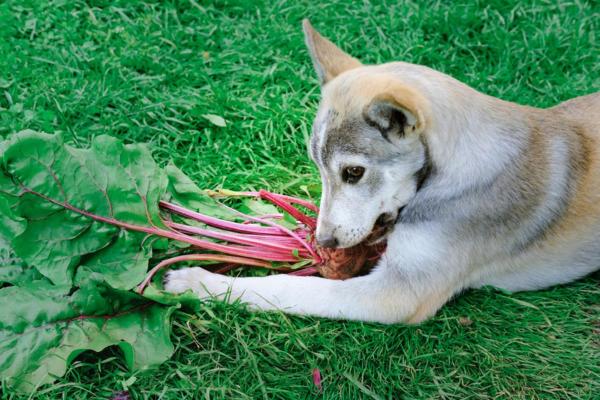
How can I feed beets to my dog?
Apart from that, there are several ways to prepare and consume beet. Some of them are good for your pet, while you should avoid others. Let us take a closer look at how to feed beets to dogs:
- Raw: Fresh beets are easy to choke on. Therefore, we do not recommend beets in raw form for small dogs or for puppies with sensitive teeth. They are also more difficult to chew and can cause digestive problems. Raw beets may be more likely to cause a digestive blockage due to their firmness. If your puppy prefers them fresh, cut them into small pieces that will not cause problems.
- Steamed or boiled: this is one of the best methods to cook beet for your pet. Both methods soften the vegetable and make it easier to cut into bite-sized pieces. It also makes it easier to digest and break down.
- Beet juice: Beets already contain a high amount of natural sugars. When you press them into juice, the sugar becomes more concentrated.
- Canned: canned beets are not recommended. Most canned products are not healthy for your dog.
- Pickled: This form of red vegetable is a no-go for your dog. Again, it's all about salt. Pickled beets are made in a brine.
Remember that you should cook the beet without any other ingredients such as butter, salt, sugar, pepper, sauces or other spices. All these ingredients are harmful for your pet and deprive it of the nutrients it gets from the red root.
The correct dosage is a small amount of this red root with their meal once or twice a week.
You may be interested in this other article, where we talk about how much and how often you should feed your dog.
Contraindications of beets for dogs
Keep in mind that certain human foods can cause adverse reactions in canines. Although they are omnivores, they still require different food than we do. These are some situations in which you should avoid giving beets to dogs:
- You should not offer beets to your dog if they have sugar-related diseases such as diabetes or insulin resistance.
- As a high-sugar vegetable, beets can exacerbate obesity and overweight in dogs.
- It is also not recommended if your dog has problems with diarrhea or increased intestinal peristalsis, since the fiber it contains improves patency and aggravates these situations.
- Beets should not be fed to dogs with calcium deficiency, pregnant or lactating dogs, as the oxalates in this plant break down calcium and can lead to the formation of calcium oxalate.
- You should also not offer beets if your dog has a kidney or lower urinary tract problem, as they can lead to kidney damage and the formation of urinary stones.
Always consult your veterinarian to determine whether it is safe to add these foods to your pet's diet.
If you want to read similar articles to Can Dogs Eat Beets?, we recommend you visit our Homemade diets category.

